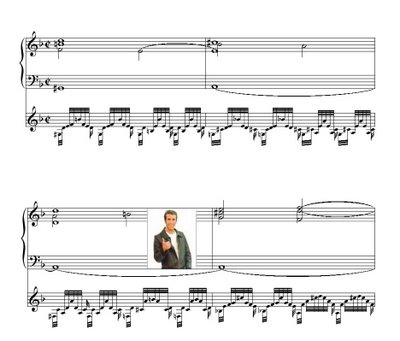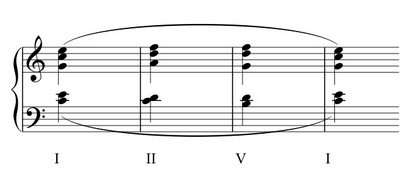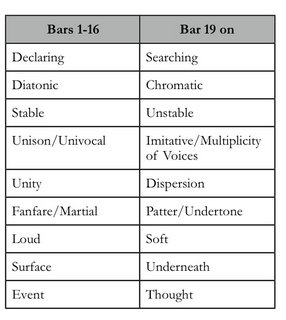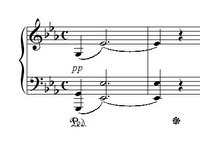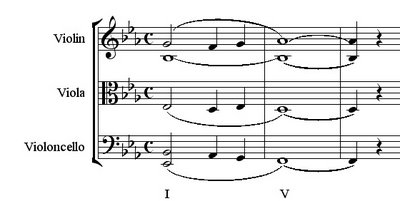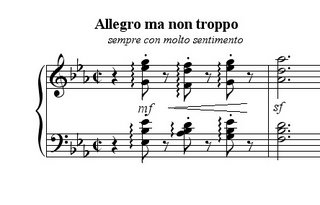Wow. Kinda lost it there. Apologies to all from Iowa/Minnesota. That burst of Manhattanism was really just an emotional reaction to the stress of walking down Broadway in the rain, suffering all the trials of a New York resident, living in what other people would consider a cupboard, but still having to appear to all the world like a tourist. And moreover that Duane Reade, the ultimate depressing New York City drugstore, would betray me thus! Et tu, Duane?
Speaking of losing it, and Minnesota. A week ago, I was slated to do a rather ridiculous thing, i.e. fly altogether too late to a concert, fly the morning of a concert out to Bemidji, MN.
Now, it is a journey out to Bemidji, and I had played it semi-safe by booking, through my manager, the earliest possible flight. My schmancy alarm clock thus buzzed most unwelcomely at 5:30 AM, in the palatial West Wing of my apartment, and there ensued that daze and misery of the sudden urgency and the socks that won't go on properly and the assembly of clothes and the impatient phone call of the waiting limo driver and the scurrying of my various butlers, all of which I survived to find myself at JFK's Terminal 4, at a respectable 6:35.
But my hubris of timeliness was ill-rewarded. There was no reservation under my name, or under any of my many aliases (all very sexy and mysterious), and I ended up with a quivering cell phone under my ear, learning from a very sweet lady that I would have to buy a fantastically expensive ticket then and there to get to my destination, and, there was nothing available on the 8 o-clock flight, and, so I'd have to leave at 11:30, and pretty much barely make it.
Please understand! I am already in a very vulnerable emotional state in those early-airport moments, something like a baby that emerges from the womb only to face a firing squad.
Nonetheless I am a proud frequent traveler, averse to exhibit the base emotionalism of all the "amateur travelers" who get all cranky when their rental car is not the color they requested. I was the soul of politeness to the Northwest Airlines staff, whose fault this situation was not, and did not let the depth of my distress leak to them ... except for occasional aphorisms such as "life is a vale of tears." But once I had my ticket, and I found myself adrift in the food court for several hours, with just not quite enough time to get home and back again, a whole new existential situation began to present itself. I began to think the saddest thought I have ever had: my bed, lying empty, without me in it.
Bed. And again bed. Rustle of sheets; sensual whisper of pillow. The glow of the pre-sleep moments, the soft sinking of consciousness, the surrender to rest and relief. I imagined myself in a fetal position, clutching Marcella Cucina, my favorite cookbook, as I sank into dreams of Risotto. Meanwhile, the fluorescent light of the food court bounced horrendously off the yellow formica of my table, and I squirmed painfully on my concrete bench, and sipped another in a series of recurring coffees which did not wake or calm me, but exacerbated my neither/nor-ness (not a word). Ranting cell phone calls were placed, and many weekend minutes were tossed casually into the vault of wasted time. My rage spun slowly around its object: whatever had happened to my reservation. And then I paced, Rilke's panther in the cage, paced again and again past Sbarro and McDonalds and Sharper Image, the bars behind which no world appeared, and when I unwrapped my Egg McMuffin I dropped the egg upon the floor (indignity of the imprisoned man!). I sought relief in the world of ideas, i.e. the bookstore, and unbelievably! the first book that presented itself on the first shelf I came to was William Hazlitt's On the Pleasure of Hating:
In private life do we not see hypocrisy, servility, selfishness, folly, and impudence succeed, while modesty shrinks from the encounter, and merit is trodden under foot? How often is "the rose plucked from the forehead of a virtuous love to plant a blister there!" What chance is there of the success of real passion? What certainty of its continuance? Seeing all this as I do, and unravelling the web of human life into its various threads of meanness, spite, cowardice, want of feeling, and want of understanding, of indifference towards others, and ignorance of ourselves, - seeing custom prevail over all excellence, itself giving way to infamy - mistaken as I have been in my public and private hopes, calculating others from myself, and calculating wrong; always disappointed where I placed most reliance; the dupe of friendship, and the fool of love; - have I not reason to hate and to despise myself? Indeed I do; and chiefly for not having hated and despised the world enough.
How comforting.
That evening, exhausted, I played two Bach Partitas and the Liszt Sonata. Moments after I finished, a woman about 50 years of age came by my dressing room and told me in a Midwestern rhythm that she felt it was a once in a lifetime experience and that many of her friends felt the same way and she thanked me for coming and making the long journey and her face was as plain as a blue sky. She let her eyes sit with me for a while and I could see that while many New Yorkers' faces seem to be a miracle of added-on layers, of wrinkles of experience and cultural accretions, her face over the many harsh winters seemed instead to have been whittled down; things had been removed with time and what was left seemed very honest. She politely excused herself and, as I heard her steps going down the corridor, something snapped and finally I felt myself let go of the held breath of the morning's frustration. I was still exhausted but now in a good way, in a real way which could be solved with sleep. I sat in front of the dressing room mirror and recognized myself. I was happy. I remembered a few phrases I liked in the concert and knew why I was doing what I was doing. And just then the Spirit of New York City came into the dressing room; it was pretty pissed off, yelling at me for getting "all CBS After-School-Special," and threatened to beat me senseless with my [expletive] tourist umbrella if I didn't pull myself together and get good and miserable for the long return flight home.
